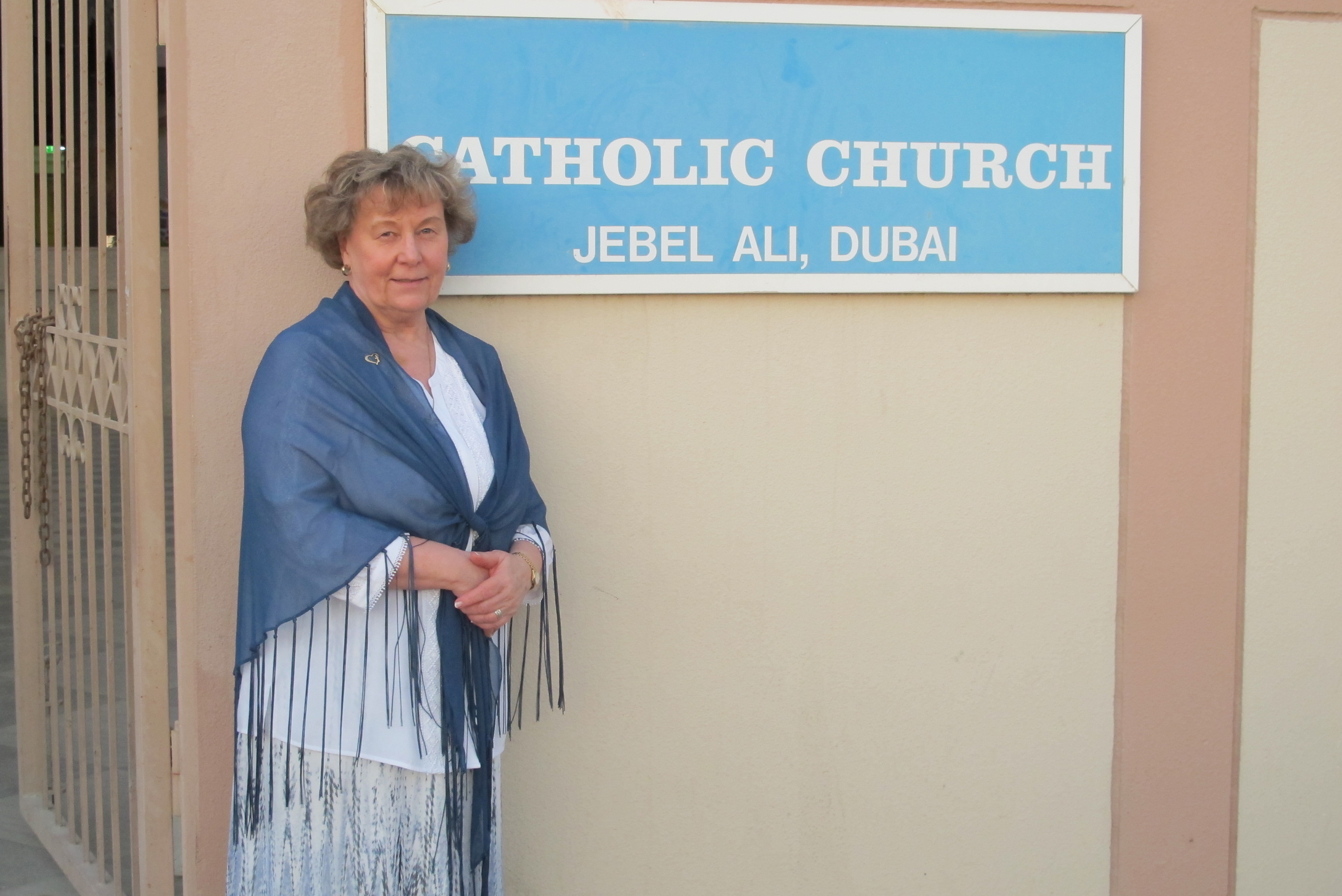Sister Angela answers encyclical questions
By: Rachel Cain – News Editor
Pope Francis’s encyclical Laudato Si’, translated to “Praise Be to You,” was released earlier in June and focuses on the spiritual, environmental and political implications of climate change. With the new school year approaching, a UD faculty member discussed how the encyclical, or papal letter, could impact the lives of college students. Sister Angela Zukowski, a member of the Mission Helpers of the Sacred Heart, director of the Institute for Pastoral Initiatives and a religious studies professor at UD, spoke with Flyer News in an email interview to explain how students can implement the teachings of the encyclical in their lives next semester—and onward.

FN: In the encyclical, Pope Francis emphasizes that climate change is the result of people being focused on short-term, consumerist goals. How can we, as college students, step away from that style of living and incorporate change into our daily lives?
Sister Angela: First, [students should] embrace the reality that we are stewards in our communities and world of a great treasure. How do we use the things we have around us? Do we try to use them well or misuse them and discard them without any thought? Do I get the most use out of what I have? On weekends instead of cluttering the landscape with cans and party celebrations, be more conscious of what we leave behind at the end of the day!
Second, bear in mind “not what I need and want” but how do my actions, lifestyle or way of life possibly impact the next generation of peoples? Am I over-consuming? Where am I over-consuming? Each day, we need to awake and ask the question: How can I live more simply today? It may seem insignificant for one person, but when as a UD community we live more intentionally, it makes a huge difference.
Third, nurture a new way of seeing human and ecological environments with a sense of depth beauty. We capture this idea with the idea of “integral ecology,” which resonates throughout the encyclical. I believe this can happen if we become more conscious of seeing what is around us! It means taking quiet time to contemplate the beauty that is on campus, around the city and community! Instead of using our headsets and digital tools every minute of the day, we are called to be disconnected for a while and be open to new sights and sounds we are missing in the natural order!
Fourth, live intentionally [and realize] that we are all connected—human and ecological environments are networked together. Every decision I make somehow impacts another human being and the environment. Living more consciously and intentionally about the future and not simply about “me” and “I” is a major first step.
FN: From a religious standpoint, why should students be concerned about the state of the environment?
SA: As Pope Francis writes, “As Christians, we are also called to accept the world as a sacrament of communion, as a way of sharing with God and our neighbors on a global scale.” We need to recognize, contemplate and embrace that the “divine and the human meet in the slightest detail in the seamless garment of God’s creation, in the last speck of dust of our plant.”
This idea calls us to see the presence of God today in all of creation!
God is not far away in some distant place but present here in, around and among us through God’s creation. This calls us to have a “sacramental sensibility” to the dawning of each day.
We need to rethink the pace with which we live. We live in a fast paced environment. The pressure of time, over-committed time, can be not only oppressive but limits our freedom to embrace quality time for contemplation for not only a deeper communion with God but healing the mind, heart and soul in an evolving culture of distraction.
FN: How can college students learn more about the topics discussed in the encyclical?
SA: The Vatican has created a 6-minute YouTube video highlighting the themes of the encyclical. Other videos already are emerging there. Faculty already are planning to incorporate dimensions of the encyclical in classes in the fall term. Be attentive and engage in rich depth dialogue resulting in a plan of action.
Connect with the Marianist Environmental Education Center. A variety of conversations and activities are being prepared by MEEC. Invite your housemates, sororities, fraternities to plan a visit to MEEC and engage in quality dialogue with the staff and experience the ecological resources available.
Decide to research, read and write papers for classes to heighten your personal awareness of the themes within the encyclical and call to action.
Check out the various centers and institutes on campus during the fall term and discover how they are implementing the message of the encyclical in their outreach and ministry. Get involved!
Keep in mind that while dialogue is important, as reiterated in the encyclical, the call to action is obligatory if we are to embrace our responsibility to be stewards of our ecological environment.

